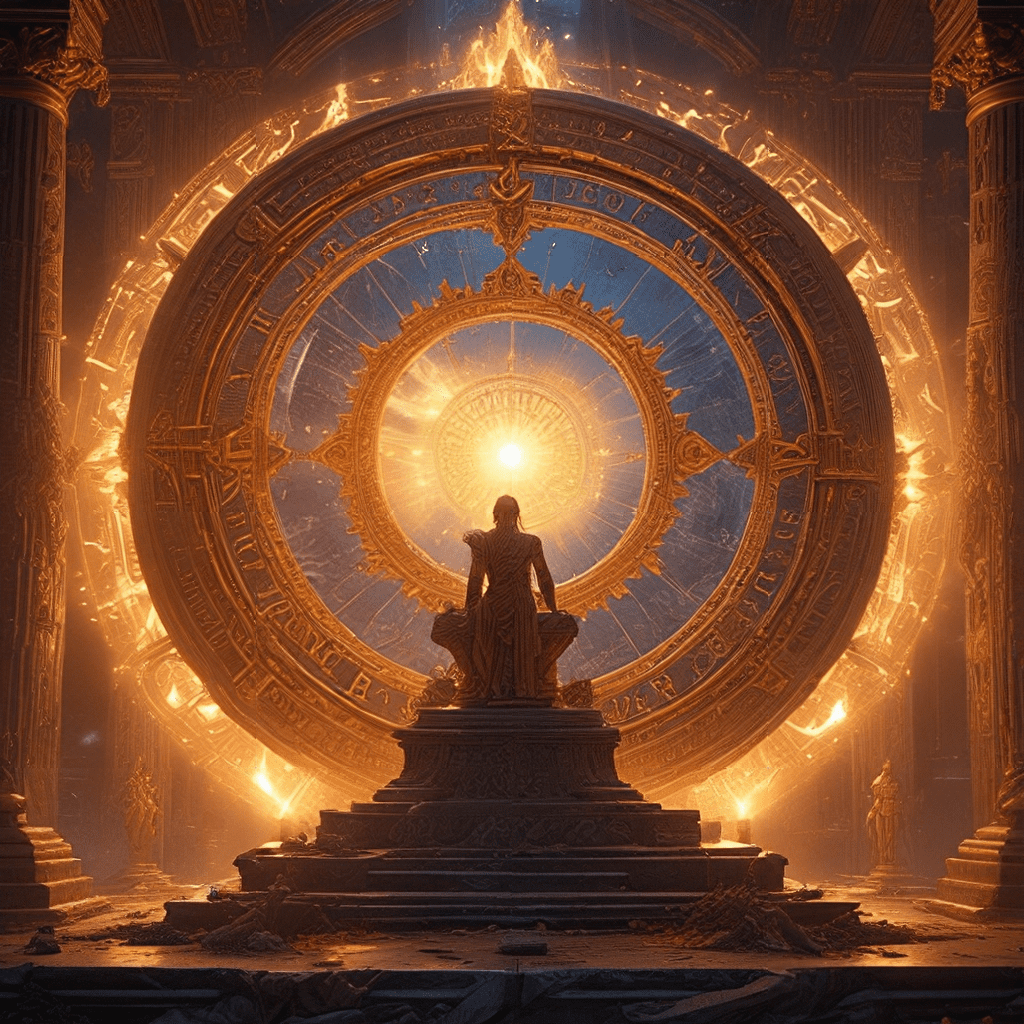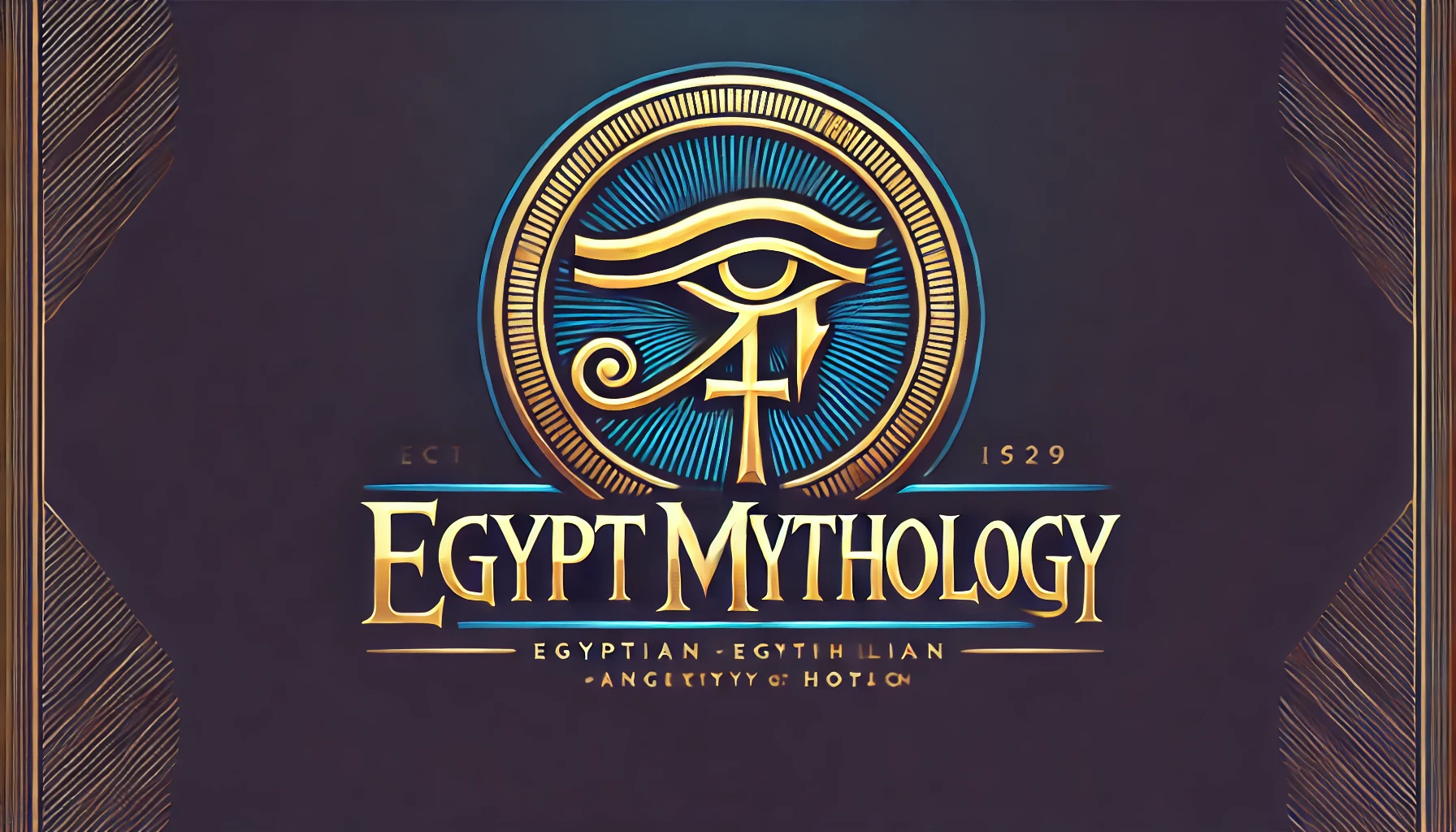1. Introduction: The Power of Language in Ancient Egypt
In ancient Egypt, language wasn’t just a way to communicate – it was a powerful force that shaped the world. The Egyptians believed that their gods used words to create everything around them, from the sun and moon to the Nile River and the very fabric of reality. They thought the gods’ words were so powerful that they could literally bring things into existence. This belief was deeply woven into their culture, affecting their art, religion, and daily life.
2. The Creation Myth: A Story of Divine Words
One of the most famous stories in Egyptian mythology is the creation myth, which tells the story of how the world came to be. The story begins with Atum, the creator god, who existed alone in a vast, empty void. Atum, wanting to create, uttered magical words, speaking into existence the world as we know it. He declared, “I am Atum,” and “I exist,” and through these words, he brought forth the first elements of creation: the air, the water, and the earth. These elements then gave birth to the other gods, who continued the process of creating the world. These words were not simply sounds, the Egyptians believed; they were the very essence of creation, the divine breath that gave life to everything.
3. The Ennead: Gods and Their Divine Speech
The Ennead was a group of nine powerful gods who played a central role in Egyptian mythology. Each god had their own domain and a specific language associated with it. For example, the god Shu, the god of air, spoke the language of wind and storms. The goddess Nut, the goddess of the sky, spoke in the language of stars and celestial bodies. These gods used their words to create and control their respective domains, ensuring harmony and balance in the universe. Their words were not just sounds but magical spells that held the power to orchestrate the world’s order and maintain the flow of life.
4. The Significance of the “Re” (sun) in the Language of Creation
The sun god Re, often depicted as a falcon-headed deity, was one of the most important gods in the Egyptian pantheon. His name and pronouncements were crucial to the creation and sustenance of life. Re was believed to be the source of light, heat, and life itself, and his pronouncements were the divine words that brought forth the dawn and illuminated the world. The Egyptians thought that the sun-word, the sound of Re’s name, was a powerful force that had the ability to create and sustain life. Re’s pronouncements were seen as a source of order and energy, driving the cosmos and nurturing the world.
5. The Language of Hieroglyphs: A Reflection of Divine Speech
The ancient Egyptians believed that their hieroglyphs, the sacred writing system, were a direct reflection of the gods’ speech. They saw hieroglyphs as a visual representation of the divine words that created the world. Each hieroglyph was imbued with the power of the god it represented, making the language of hieroglyphs a powerful tool for communication with the divine. The Egyptians believed that by writing in hieroglyphs, they were literally using the language of the gods, and that the words they wrote held the same cosmic power as the gods’ pronouncements.
6. The “Book of the Dead” and the Language of the Afterlife
The “Book of the Dead” was a collection of spells and incantations that the Egyptians believed aided their journey through the afterlife. The text was considered sacred and was filled with what they believed were the divine words of the gods. These words were believed to be powerful enough to guide the deceased through the perilous journey to the afterlife, protect them from dangerous creatures, and grant them eternal life in the presence of the gods. The “Book of the Dead” was a testament to the belief that language was not just a tool for communication but also a powerful force that could shape destiny and guide the soul to its final destination.
7. The Role of Priests and Scribes as Keepers of the Sacred Language
Priests and scribes were the guardians of the sacred language of the gods. They were responsible for understanding and interpreting the divine words, and they played a key role in religious ceremonies, rituals, and the preservation of knowledge. They were seen as intermediaries between the human world and the divine realm, responsible for communicating with the gods through the power of language. Their mastery of the sacred language allowed them to access the power of the gods and use it for the benefit of their people.





